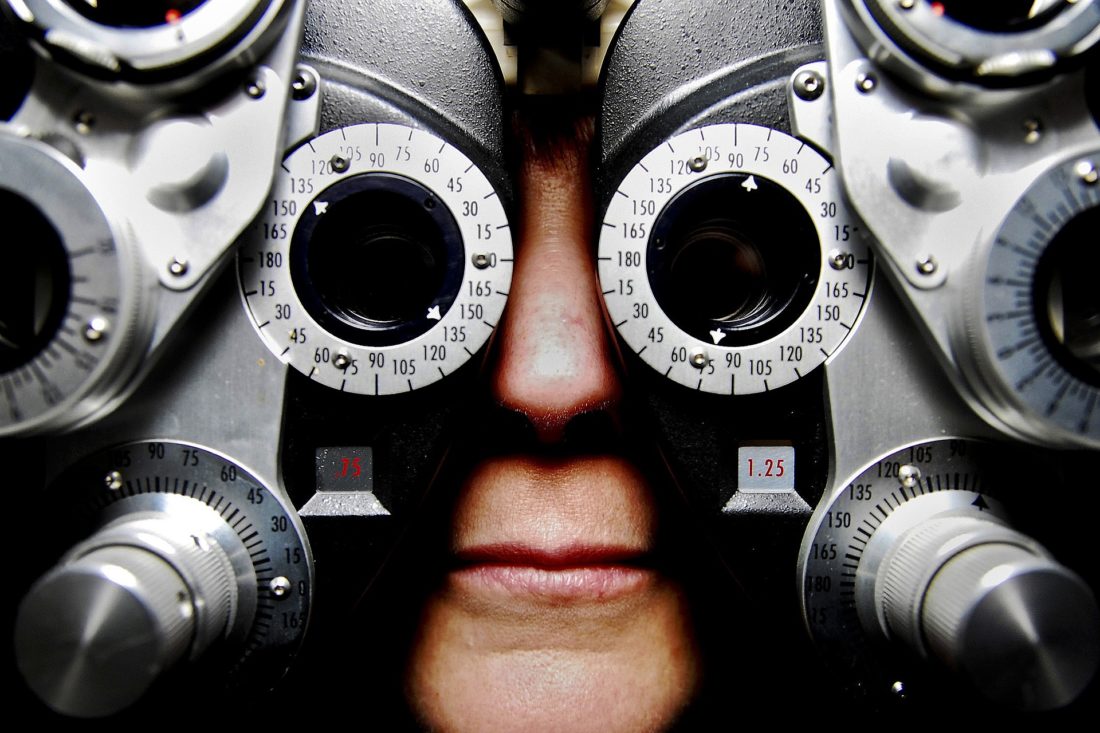Why You Should Keep Your Regular Optometry Appointment

As a busy person you may wonder why your Doctor and Optometrist recommend why you should attend a regular Optometry appointment and check up perhaps once a year or more often.
What is Optometry?
An Optometrist is a physician who provides primary vision care from primary vision care to diagnosis, treatment and management of vision changes. Treatment is often for routine but also may be for medical eye care.
Why Attend an Optometry Appointment Regularly?
Our eyes can often be neglected because we feel no pain in them when there’s a problem. We may have dry eyes or weary eyes but we often put that down to external factors. However, eye problems can develop over the years and if an Optometrist identifies these early on they can prevent them from developing into eye problems which will greatly impair our vision for the rest of our lives.
If you are over 60 you are more likely to develop issues with your eyes, as are you if you are of African-Caribbean descent due to a greater risk of developing glaucoma and diabetes. People from a family with a history of eye disease should ensure they have regular check-ups on their eyes.
Should Children Visit an Optometrist?
Children rarely complain about their sight because they are unaware early in their lives of what is normal but they may shown signs of eye problems if they sit close to the TV, hold objects very close to their face, blink a lot, rub their eyes often or have one eye turning in or out. All children should have a regular Optometry check-up, but you should book one if any of the above signs are noticed as you may be able to have vision and eye problems addressed before they become more serious or hamper the child’s education.
What to Expect at an Optometry Appointment?
On arrival at your Optometrist you will likely been given a questionnaire to fill out which will ask about your past and current eye problems, request family eye health history, and record your answers to questions about what medications you take, your smoking and drinking habits, and whether you wear glasses or contact lenses already.
During the exam you will be talked through the answers of your questionnaire in case the Optometrist wants to clarify anything. Your visual acuity will then be measured to see if you require corrective lenses or glasses. You will be given numbing drops in your eyes before an eye pressure test is carried out. Further eye drops may be administered to dilate your eyes so the Optometrist can then exam your eyes using lights to evaluate the front and inside of your eyes.
Your Optometrist should then discuss the results of the tests with you, and provide you with a prescription for lenses or glasses if you require it, and an assessment of your vision and eye health letting you know your risk of eye disease and preventative measures you could take.